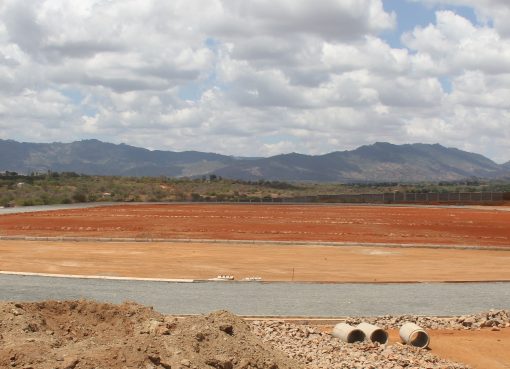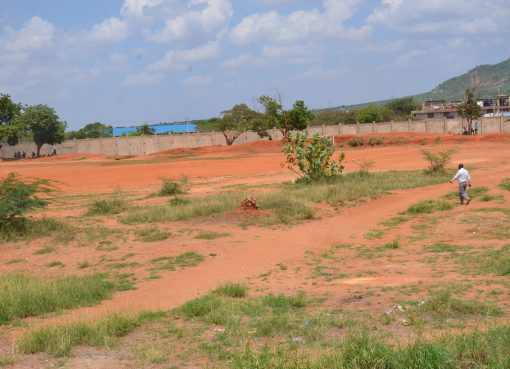A pioneer group of fifteen women from the extractive sector, majorly artisanal mining, in Taita Taveta County have been chosen to undergo a one-month training in the best beekeeping practices in a move to diversify their skillsets and open a new avenue to earn a decent living.
The training, supported by both the county government and Catalyste+ will see the women taken through rigorous exposure and practical lessons in how to tap into beekeeping as an economic activity not only for producing honey and other extracted products but also opening a gate in agro tourism.
Speaking at Mwatate during the launch of the training, acting (Ag) CECM in charge of Trade, Tourism and Cooperatives, Gloria Monikombo, said the initiative was multi-pronged in its approach as it will create a direct source of employment opportunities for the women as well as opening up a larger space for local opportunities in the agro-tourism sector.
“We’re looking at this initiative from several angles. First of all, it will create direct employment opportunities for women. Secondly, it will create hundreds of opportunities for locals with an interest in agro-tourism,” said Monikombo.
“These are women who depend on the measly income they make from artisanal mining and adding something extra in their tray of skills will go a long way to empower them both socially and economically,” added Monikombo.
Women in artisanal mining are categorized as a vulnerable group as they are exposed to harsh working conditions, little pay, and at times sexually exploited by their male colleagues.
The training in beekeeping according to Livingstone Mghenyi, National Chairman of the Domestic Tourism Association (DTA), is a lifeline for vulnerable women to venture into a profitable and hazard-free economic activity while at the same time expanding the bounds of the county in the agro-tourism sub-sector.
Mghenyi further added that the training is a start to a long-term plan for the county to become a big player in the beekeeping sector and add another tourist attraction to the bountiful baskets of wildlife and natural attractions across the county.
“We’re in for a long plan of turning this county into a leading contributor in the beekeeping sector as well as adding more tourist attractions to our diverse wildlife and rich natural heritage,” said Mghenyi.
Echoing the same sentiments, Holiness Mwadime, Chairperson Taita Taveta Women in Extractives and Energy, said it was time for women to step up and become economically competitive by venturing into locally viable activities.
“Beekeeping is not capital-intensive and is locally viable and therefore a great opportunity for our women to step up and join men in becoming pillars of the county’s economy,” said Mwadime.
The lead trainer will be Stanley Sandler, a Canadian beekeeper, and consultant from Catalyste+, who said beekeeping is one of the easiest economic undertakings for the locals as it does not require huge capital to begin as all materials are locally available.
“Nothing beats beekeeping as a low-capital venture for women and the locals as all the materials and resources are available at almost no cost,” said Sandler.
Taita Taveta has massive potential for beekeeping due to the county’s vast area and the semi-arid climate, but the potential remains largely unexploited due to the knowledge gap, modern skills, and poor equipment.
In 2019, the county had about 700 beekeepers with a commercial interest in their activities; a figure that could go higher with the entry of more women into the trade after the ongoing training.
By Arnold Linga Masila





